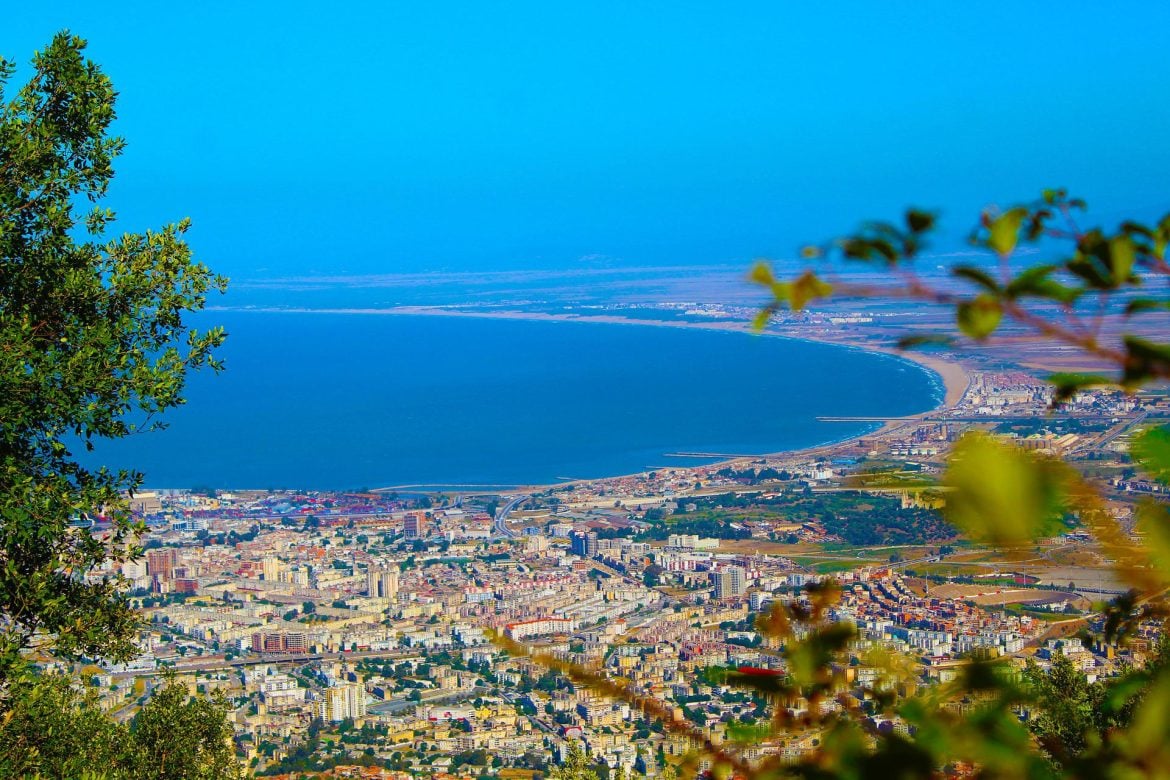1.5K
Facts about Algeria
- With about 919,595 square miles, Algeria is the largest country by area in the Arab World and Africa, and the tenth-largest in the world
- Almost 80% of its area lies under the mighty Sahara Desert and hence, only 12 percent of the country’s land area is inhabited. Roughly 90% of the Algerians live near the Mediterranean coast.
- The country has 48 provinces or wilayas.
- France colonized Algeria in 1830 and more than a million Algerians had died in the fight for independence in 1962.
- The North African country observes Independence Day on 5 July every year and Revolution Day on 1 November.
- Arabic, Berber, and French are the most spoken languages in Algeria.
- Algiers is the national capital and most populous city.
- Algeria is a major exporter of natural gas to Europe; the country has the second-largest oil reserves in Africa.
- Algeria has the largest defense budget in the continent.
- Standing at 3,003 meters, Mount Tahat – in the Ahaggar range – is the highest peak in Algeria.
- The 430-mile-long Chelif River is the longest in Algeria.
- Couscous is the national dish of Algeria and football (soccer) is the national sport.
- The national currency is the Algerian Dinar.
- The country has seven UNESCO World Heritage Sites.
- The national flag of Algeria was adopted on July 3, 1962.
